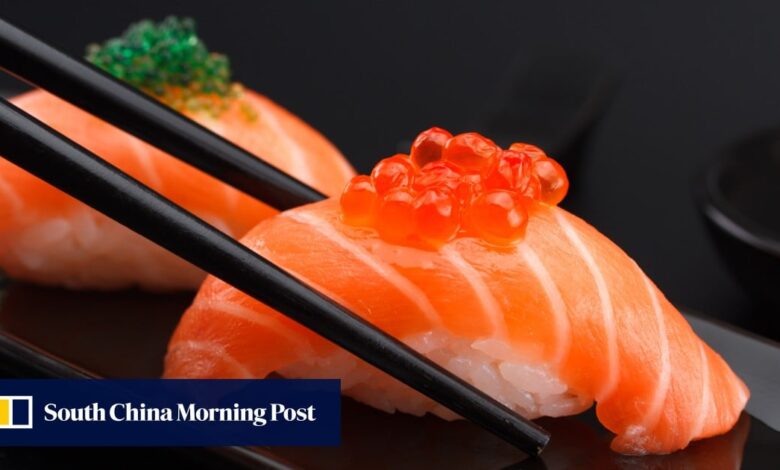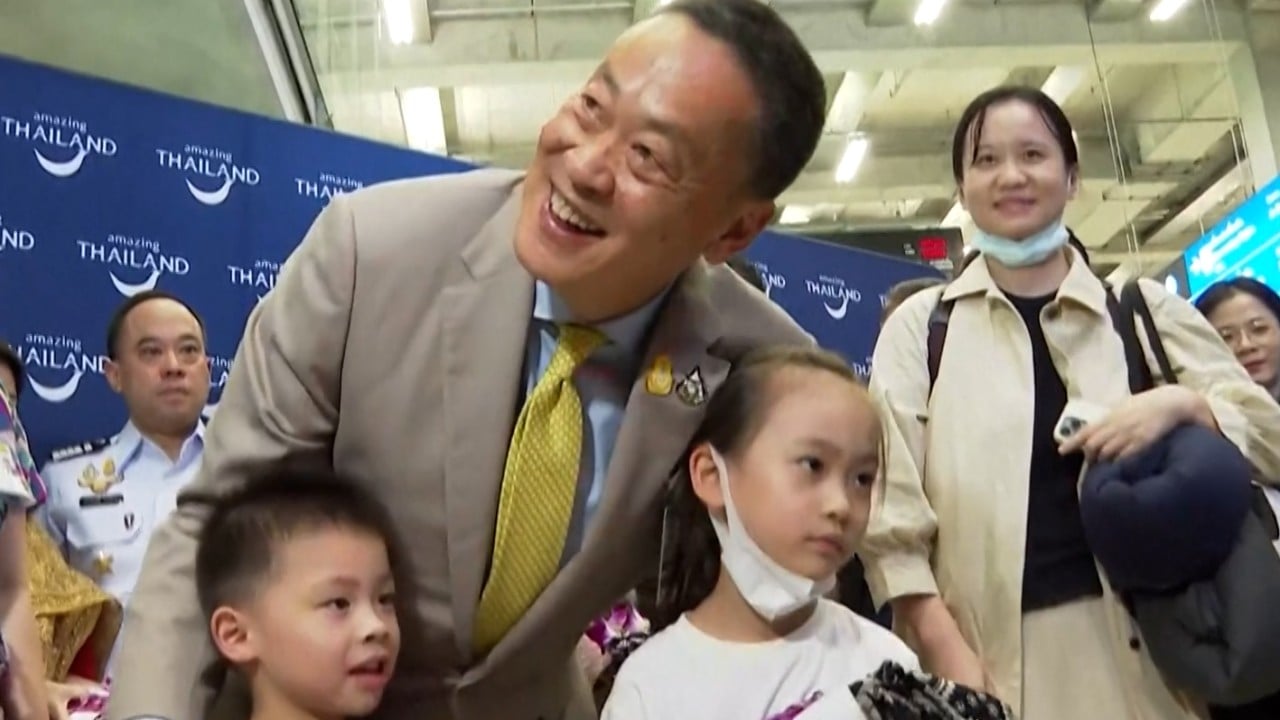Chinese tourists in Japan enjoy eating sushi despite Beijing’s seafood import ban over Fukushima water

[ad_1]
Chinese tourists in Japan enjoy eating sushi despite Beijing’s seafood import ban over Fukushima water
Li Pei, another Chinese tourist from Qingdao in Shandong province who was visiting Ginza during the holiday season, said he “has no worries” about the water discharge.
“I understand that the concentration level of (radioactive) tritium in the treated water is below international safety standards and has limited effect,” the 40-year-old said.
Japan’s Fukushima water release is a scientific, emotive and diplomatic issue
Japan’s Fukushima water release is a scientific, emotive and diplomatic issue
Since Japan began releasing water into the sea from the Fukushima plant in late August, Chinese media, including The Global Times, have reported on Japan-bound trip cancellations and Chinese consumers’ concerns about the safety of Japanese products.
Beijing, which has repeatedly urged Japan to halt the discharge and calls it “nuclear-contaminated water,” imposed a blanket ban on Japanese seafood imports after the water release commenced.
The Chinese woman from Zhejiang Province said that Chinese local media outlets emphasising the dangers of the Fukushima water are being “biased” but noted that “not many people in China” are able to make decisions based upon information obtained from overseas.
A tourist bus operator in Tokyo said it appears that “young people with flexible ways of thinking are choosing to travel independently” to Japan.
According to Japanese airline companies servicing flights from China to Japan, seats on their planes were almost fully booked during the eight-day holiday, which also combines the Mid-Autumn Festival.
Data analysis by Chinese internet search giant Baidu Inc. and other companies also showed that Japan tops the list of popular overseas destinations for Chinese travellers during the holiday period.

[ad_2]
Source link


